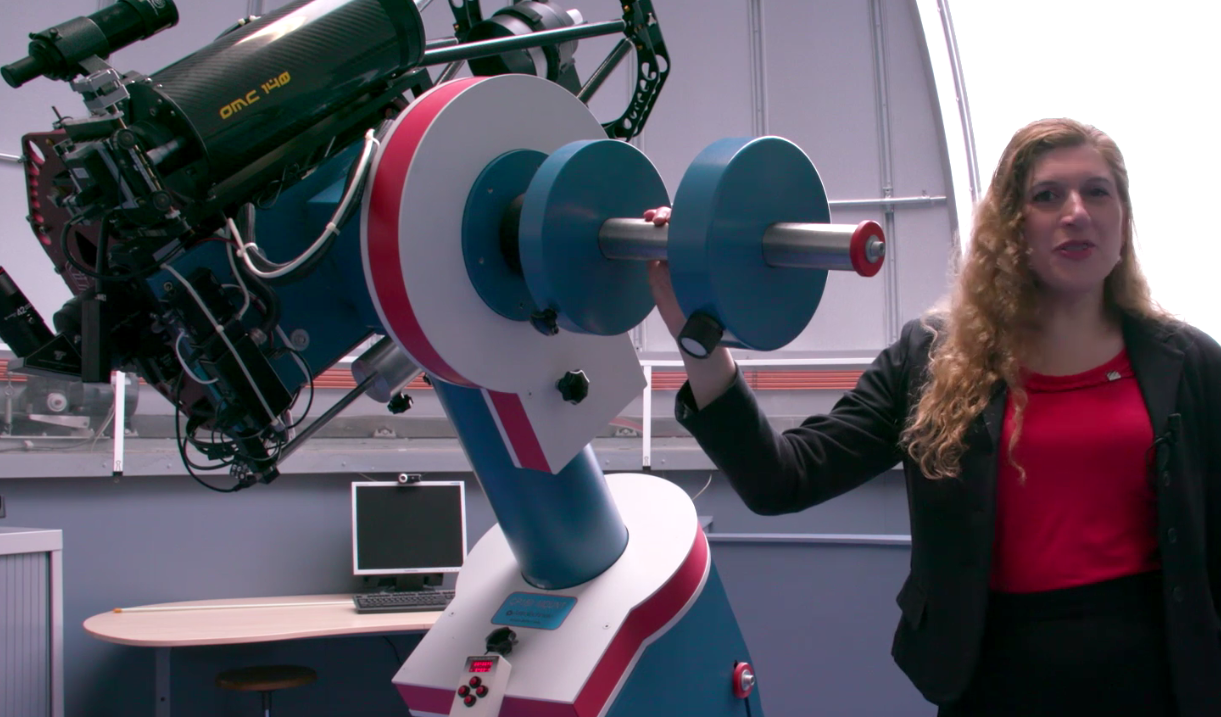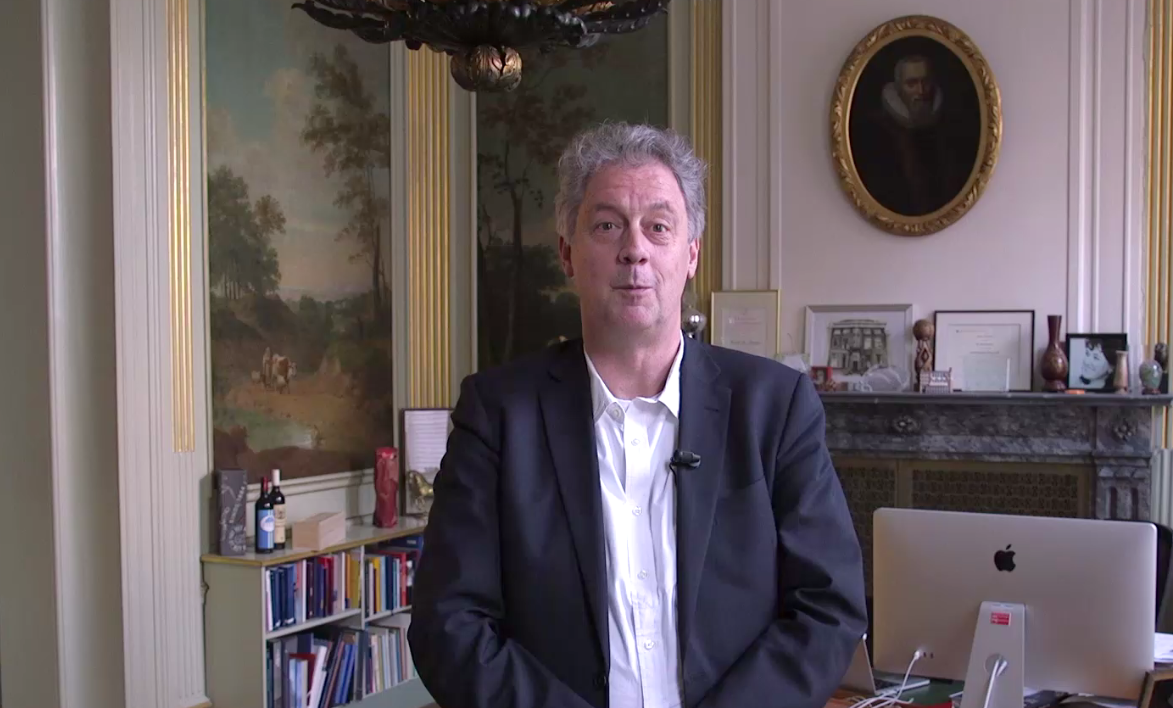Toponderzoek naar verre sterrenstelsels dankzij ERC
Een blik op verre sterrenstelsels is een blik in het verleden. Sterrenkundige Karina Caputi onderzoekt sterrenstelsels die zo ver van ons afstaan, dat het licht dat zij nu meet miljarden jaren geleden is uitgezonden. De gegevens die ze zo verzamelt geven informatie hoe het heelal er enkele miljarden jaren na de oerknal uitzag en daarmee hoe ons universum is ontstaan en geëvolueerd. Het onderzoek van Caputi is medegefinancierd door een subsidie van de European Research Council (ERC).
Caputi ontdekte onder andere dat de eersten onder de grootste sterrenstelsels, die zo’n vier keer zo groot zijn als onze Melkweg, slechts één miljard jaar na de oerknal zijn gevormd. Dat is veel eerder dan de huidige theorieën voorspellen. Ze hoopt haar bevindingen te kunnen bevestigen met de James Webb Space Telescope, de grootste telescoop ooit in de ruimte, die in 2018 gelanceerd wordt.
Het onderzoek van Caputi is medegefinancierd door een subsidie van het European Research Council (ERC). Het European Research Council (ERC) geeft sinds 2007 subsidies aan excellente onderzoekers. Hiermee stimuleert het instituut baanbrekend onderzoek in Europa. De Rijksuniversiteit Groningen ontving in het afgelopen decennium meer dan vijftig ERC-beurzen.
Meer informatie


Video's RUG
Het online videomagazine Unifocus belicht wekelijks onderwerpen die annex zijn met de Rijksuniversiteit Groningen, op het gebied van onderzoek (en samenleving), studentenleven, onderwijs, beleid en internationalisering. Andere video's staan in onze videoportal.
